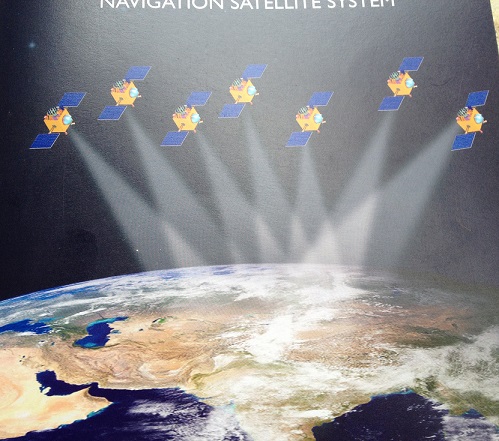
CHENNAI (PTI): The 54-hour countdown for the March 10 launch of PSLV C32 carrying the sixth navigational satellite IRNSS-1F from the spaceport of Sriharikota in Andhra Pradesh began at 9.30 AM on Tuesday.
The countdown began after the Mission Readiness Review committee and Launch Authorisation Board cleared the 54 and half hour countdown, which started at 9.30 AM today, ISRO said in a statement.
IRNSS-1F will be launched from the second launchpad at the Satish Dhawan Space Centre in the spaceport of Sriharikota about 110 km from Chennai at 4 PM on March 10.
IRNSS-1F is the sixth navigation satellite in the IRNSS space system, comprising seven satellites, which would be on par with US-based GPS once the full complement of spacecraft is launched.
While four satellites would be sufficient to start operations of the IRNSS system, the remaining three would make it more "accurate and efficient".
ISRO had successfully launched the fifth IRNSS-1E on January 20.
With the operationalisation of five spacecraft, ISRO has demonstrated the proof-of-concept of an independent regional navigation satellite system over India at an accuracy of 20 metres over 24 hours of the day, ISRO said.
With the launch and operationalisation of IRNSS-1F, better position and accuracy would be provided to users.
The five satellites already launched include IRNSS-1A on July 1, 2013, IRNSS-1B on April 4, 2014, IRNSS-1C on October 16, 2014, IRNSS-1D on March 28, 2015 and IRNSS-1E on January 20, 2016.
ISRO scientists plan to put all seven navigation satellites into orbit by March 2016. The last in the series is expected to be launched by month end.
For the IRNSS-1F launch, scientists have used the XL variant used in previous launches of IRNSS satellites, given its capacity to carry load.
Similar occasions where rocket with XL configuration used was during the launch of Chandrayaan-1, Mars Orbiter Mission and ASTROSAT besides the five IRNSS satellites.
Along with the navigation payload and ranging payload, the satellite also carries a "highly accurate Rubidium atomic clock" with it. The payload will transmit navigation service signals to the users.
The 44.4 metre tall IRNSS-1F has a liftoff mass of 1,425 kg and would be launched in sub-Geosynchronous Transfer Orbit (sub GTO). It has a 12 year mission life.
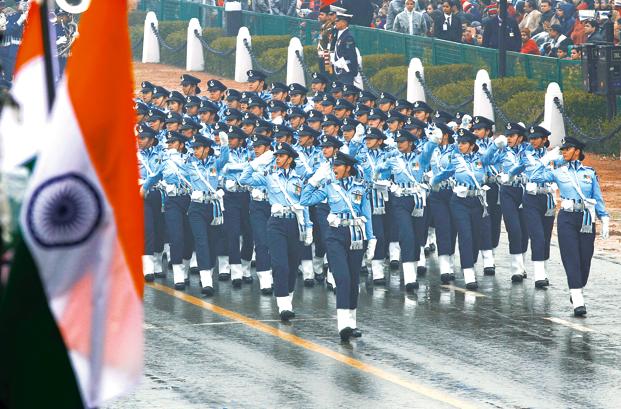 Previous Article
Previous Article Next Article
Next Article
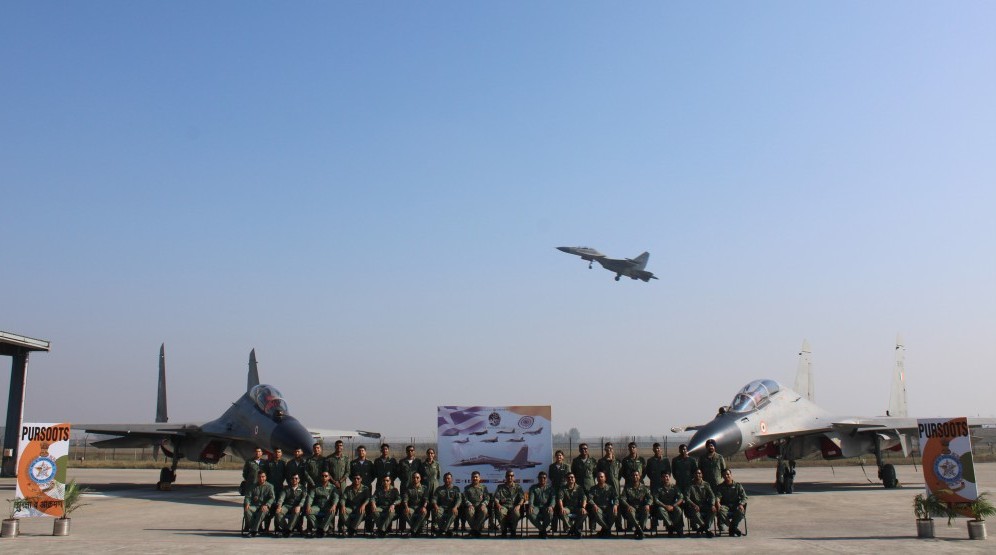
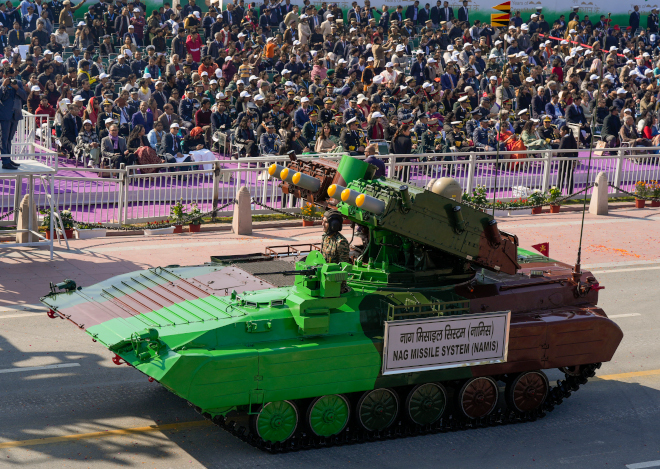
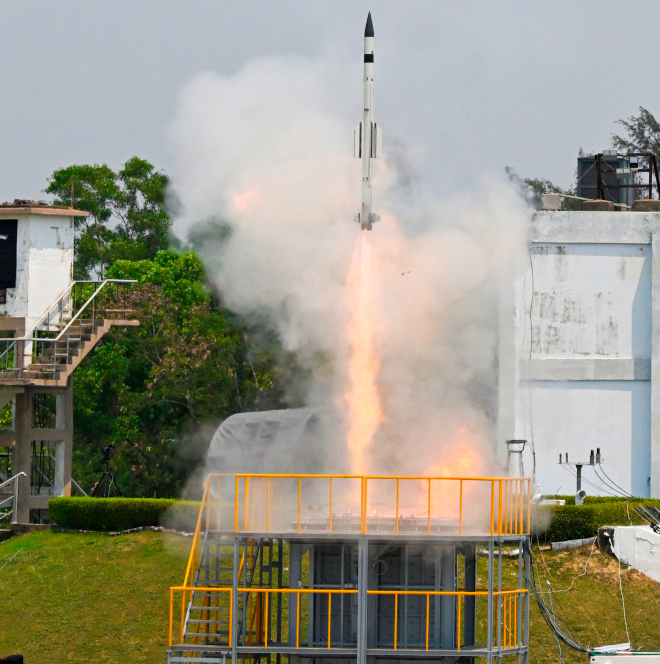










The Indian Air Force, in its flight trials evaluation report submitted before the Defence Ministry l..
view articleAn insight into the Medium Multi-Role Combat Aircraft competition...
view articleSky enthusiasts can now spot the International Space Station (ISS) commanded by Indian-American astr..
view article